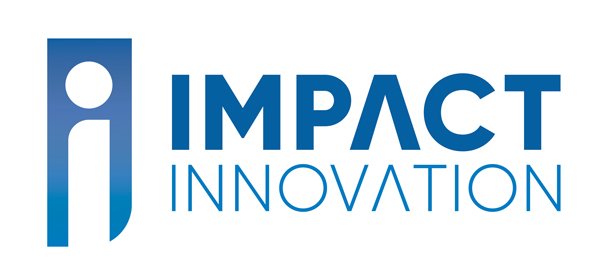Welsh eco pet product start-up Project Blu has secured a multi-million-pound deal with San Diego-based Metamorphosis, a venture capital firm dedicated to the incubation and acceleration of businesses in the pet industry.
The multi-million, multi-year deal will see Metamorphosis take an equity stake in Project Blu, which was founded in 2019 by 35-year-old Geryn Evans. The first global pet brand to offer a full range of sustainable accessories, the company aims to reduce global ocean-bound plastic waste and the broader environmental impact of manufacturing pet products through harnessing innovative textiles and technologies.
Project Blu, which recently scooped three Wales Start-Up Awards, has sold over 87,000 products made from over six million plastic bottles since it was founded, offering a range including leads, harnesses, pet beds and toys. Since launching at the Zoomark exhibition in Bologna, Italy, in May 2019, the company has secured UK stockist deals with retailers John Lewis and Joules and sells direct to consumer via its eCommerce platform.
The firm has been assisted by the Business Wales Accelerated Growth Programme (AGP) which provides targeted support for ambitious growing firms. The programme is part-funded by the European Regional Development Fund through the Welsh Government
Project Blu Founder Geryn Evans. | A happy pooch in a Project Blu pet bed.
Project Blu has also been making waves internationally with global pet health and nutrition leader Mars Petcare investing $200,000 into the business and awarding the firm a place on the prestigious Leap Venture Studio accelerator programme in Los Angeles.
Its latest deal will allow the company to harness the expertise of Metamorphosis' team of experts and entrepreneurs with a proven track record of building businesses in the ever-expanding $90 Billion pet industry. Metamorphosis' stated mission is to "create extraordinary value for stakeholders and clients by creating, operating, accelerating and marketing next-level pet content, media networks, products and services."
According to Mr Evans, the partnership will be a "game-changer" as the firm eyes expansion into the lucrative US and other international markets.
"Project Blu is all about driving positive change in an industry that was ripe for disruption. We aim to prove that pet brands can be sustainable, stylish and profitable on a global scale, and this partnership will be a crucial part of our plan to expand into several international markets in 2021.
"The pet industry is a growing, recession-resistant market where sustainability is one of the biggest emerging trends for pet owners who are increasingly conscious of how products are made and where they end up. We are incredibly excited about partnering with one of the biggest players in the marketplace, and we are looking forward to tapping into the knowledge and expertise of the Metamorphosis team to build our brand in the lucrative North American market and beyond."
Mr Evans started his career in the furniture design trade, where he designed several integrated technology products for major retailers. He was inspired by a collaboration between German multinational sports brand Adidas and "Parley for the Oceans", an organisation that addresses environmental threats posed by plastic pollution in the oceans. As a pet owner, he realised that the industry had been slow to respond to consumer concerns around sustainability and decided to address this gap by converting polluting materials into high-quality pet beds, leashes and toys.
Describing himself as "obsessive" about finding new ways of combining textile innovation and technology to produce beautifully designed sustainable products, Mr Evans now plans to launch a 'ghost fishing net' range to tackle the problem of discarded fishing gear in the oceans. It is estimated that over 640,000 tons of fishing gear is lost or discarded in the oceans every year, not dissolving for centuries and posing a significant risk to marine life. The firm also plans to launch a range of products using apple leather; an eco-friendly leather substitute made using discarded apple skins from the Italian alps.
Since signing up to the Business Wales Accelerated Growth Programme (AGP) programme in 2019, Project Blu has received mentoring and specialist advice on market analysis, funding and planning for growth. This support has proved "invaluable" according to Mr Evans.
"As a lean company, it's been invaluable to have the support of our relationship manager and other experts. The advice and expertise we have been able to access have helped me navigate the pitfalls, challenges and opportunities that come with growing a brand from scratch.
"We are very grateful for the service we have received from the Business Wales Accelerated Growth Programme and would recommend it to any business looking to scale up and grow."
Richard Morris of the Excelerator Consortium, which delivers the Business Wales Accelerated Growth Programme, said:
"It's been fantastic to see Project Blu come such a long way in such a short space of time, and their deal with Metamorphosis is further validation of their innovative concept. The company is an excellent example of a homegrown Welsh business providing solutions to one of the most significant environmental issues facing our planet today.
"The team are justifiably proud of their success, and we in Wales can be very proud of how this small company is leading the way in the effort to drive sustainability in a market that has previously been slow to rise to the challenge."
To find out more about Project Blu visit its website here.
Further information on the Business Wales Accelerated Growth Programme








